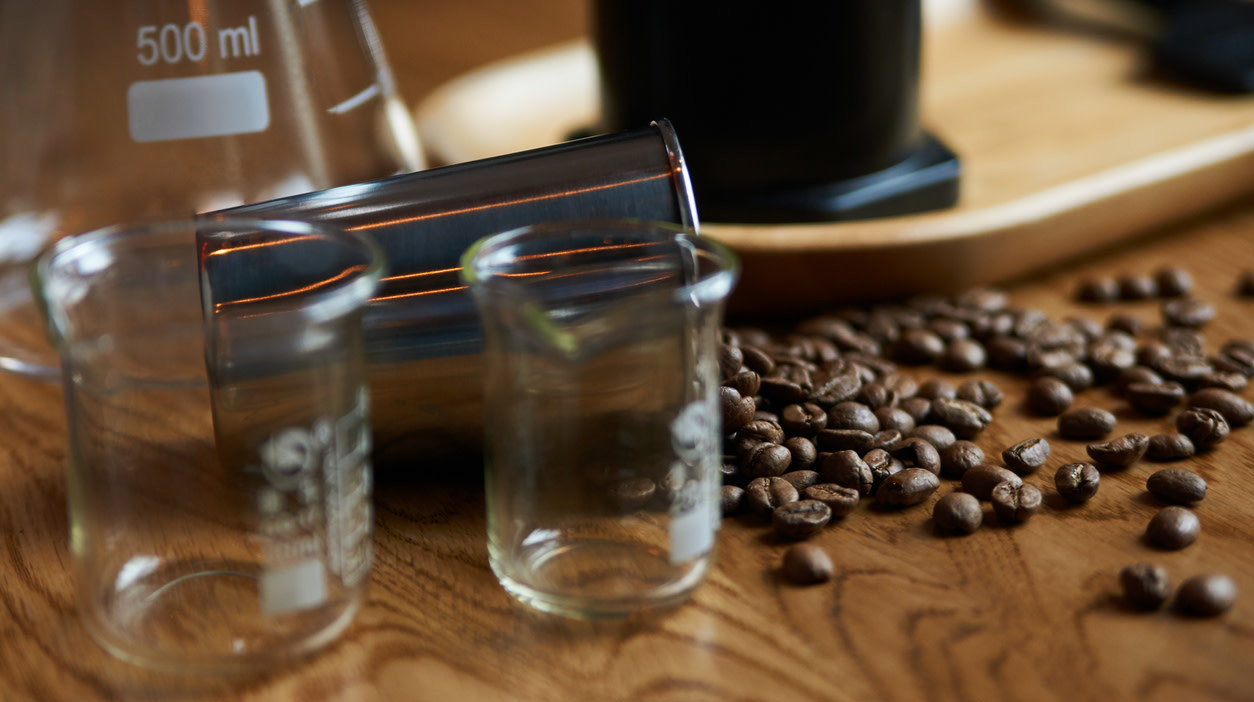Seattle Scientists Prepare For A World Without Coffee Beans
A few years ago, no one would have believed that you could make a Whopper out of biologically engineered "meat," much less sell it. When you consider that, the idea behind Atomo—bean-less"molecular coffee" made from agricultural waste products—doesn't seem so crazy. In fact, it could be necessary. Back in January Scientific Advances reported that more than 60% of the world's coffee species were in danger of extinction, and a report from The Climate Institute—an environmentally-focused nonprofit organization—has noted that the global area suitable for producing coffee has continued to shrink each year. Current projection models show the full extinction of wild coffee by 2080.
CNBC got a behind-the-scenes look at Atomo's laboratories, located only a few blocks away from Starbucks' iconic Pike Place Market location in Seattle. Using "upcycled agricultural products" such as sunflower seed husks, watermelon seeds, and acacia gum—with a bit of yerba mate thrown in for caffeine—food scientist and company founder Jarret Stopforth says he and his team have at last developed a product that contains the"five core components of coffee — the body, the mouth feel, the aroma and flavor."
A Kickstarter campaign from earlier this year raised $25,000, and promised early supporters that they'd receive their first taste of Atomo coffee this December. Atomo has now stated that the first batch of cold brew "coffee"—so far its only fully-developed product—will be shipped out in early 2020. The company is eyeing mid-year for retail expansion. Atomo scientists are continuing to work on coffee grounds that can be used in home brewing machines; though no timeline has been given for their release, with financial backing from the same company that helped bring Impossible Foods to the masses, it's very possible that Atomo's methods could become the future of coffee.
